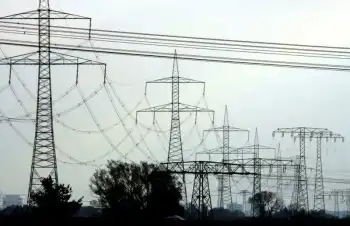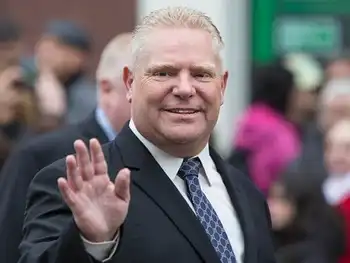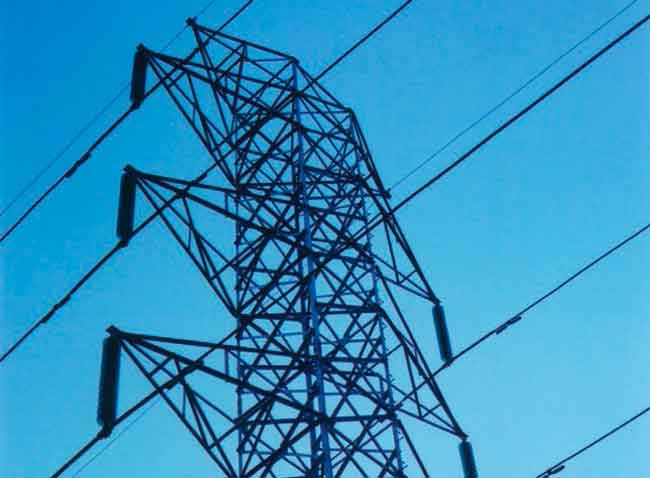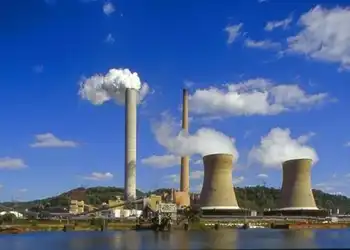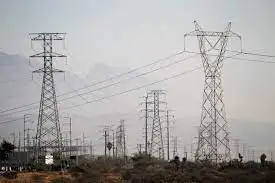EU Energy Price Surge is driving up electricity and gas costs, inflation, and cost of living across the EU, prompting tax cuts, price caps, subsidies, and household support measures in France, Italy, Spain, and Germany.
Key Points
A surge in EU gas and electricity costs driving inflation and prompting government subsidies, tax cuts, and price caps.
✅ Low-income EU households now spend 50-70 percent more on energy.
✅ Governments deploy tax cuts, price caps, and direct subsidies.
✅ Gas-dependent power markets drive electricity price spikes.
Higher energy prices, including for natural gas, are pushing up electricity prices and the cost of living for households across the EU, prompting governments to cut taxes and provide financial support to the tune of several billion euros.
In the United Kingdom, households are bracing for high winter energy bills this season.
A series of reports published by Cambridge Econometrics in October and November 2022 found that households in EU countries are spending much more on energy than in 2020 and that governments are spending billions of euros to help consumers pay bills and cut taxes.
In France, for example, the poorest households now spend roughly one-third more on energy than in 2020. Between August 2020 and August 2022, household energy prices increased by 37 percent, while overall inflation increased by 9.2 percent.
“We estimate that the increase in household energy prices make an average French household €410 worse off in 2022 compared to 2020, mostly due to higher gas prices,” said the report.
In response to rising energy prices, the French government has adopted price caps and support measures forecast to cost over €71 billion, equivalent to 2.9 percent of French GDP, according to the U.K.-based consultancy.
In Italy, fossil fuels alone were responsible for roughly 30 percent of the country’s annual rate of inflation during spring 2022, according to Cambridge Econometrics. Unlike in other European countries, retail electricity prices have outpaced other energy prices in Italy and were 112 percent higher in July 2022 than in August 2020, the report found. Over the same time period, retail petrol prices were up 14 percent, diesel up 22 percent, and natural gas up 42 percent.
We estimate that households in the lowest-income quintile now spend about 50 percent more on energy than in 2020.
“We estimate that before government support, an average Italian household will be spending around €1,400 more on energy and fuel bills this year than in 2020,” the report said. “Low-income households are worse affected by the increasing energy prices: we estimate that households in the lowest-income quintile now spend about 50 percent more on energy than in 2020.”
Electricity production in Italy is dominated by natural gas, which has also led to a spike in wholesale electricity prices. In 2010, natural gas accounted for 50 percent of all electricity production. The share of natural gas fell to 33 percent in 2014, but then rose again, reaching 48 percent in 2021, and 56 percent in the first half of 2022, according to the report, as gas filled the gap of record low hydro power production in 2022.
In Spain, where electricity prices have seen extreme spikes, low-income households are now spending an estimated 70% more on energy than in 2020, according to Cambridge Econometrics.
Low-income squeeze
In Spain, low-income households are now spending an estimated 70% more on energy than in 2020, according to Cambridge Econometrics. It noted that the Spanish government has intervened heavily in energy markets by cutting taxes, introducing cash transfers for households, and capping the price of natural gas for power generators. The latter has led to lower electricity prices than in many other EU countries.
These support measures are forecast to cost the Spanish government over €35 billion, equivalent to nearly 3 percent of Spain’s GDP. Yet consumers will still feel the burden of higher costs of living, and rolling back electricity prices may prove difficult in the near term.
In March, electricity prices alone were responsible for 45 percent of year-on-year inflation in Spain but prices have since fallen as a result of government intervention, Cambridge Econometrics said. Between May and July, fossil fuels prices accounted for 19-25 percent of the overall inflation rate, and electricity prices for 16 percent.
Support measures
Rising inflation is also a real challenge in Germany, Europe’s largest economy, where German power prices have surged this year, adding pressure. Also there, higher gas prices are to blame.
“We estimate that the increase in energy prices currently make an average household €735 worse off in 2022 compared to 2020, mostly due to higher gas prices,” Cambridge Econometrics said, in a report focused on Germany.
The German government has introduced a number of support measures in order to help households, businesses and industry to pay energy bills, amid rising heating and electricity costs for consumers, including price caps that are expected to take effect in March next year. Moreover, households’ energy bills for December this year will be paid by the state. According to the report, these interventions will mitigate the impact of higher prices “to some extent”, but the aid measures are forecast to cost the government nearly 5 percent of GDP.
Fossil-fuel effect
In addition to gas, higher coal prices have also pushed up inflation in some countries, and U.S. electricity prices have reached multi-decade highs as inflation endures.
In Poland, which is heavily dependent on coal for electricity generation, fossil fuels accounted for roughly 40 percent of Poland’s overall year-on-year inflation rate in June 2022, which stood at over 14 percent, the consultancy said.
The price of household coal, which is widely used in heating Polish homes, increased by 157 percent between August 2021 and August 2022.
Higher energy prices in Poland are partly due to Polish and EU sanctions against Russian gas and coal. Other drivers are the weakening of the Polish zloty against the U.S. dollar and the euro, and the uptick in global demand after COVID-19 lockdowns, said Cambridge Econometrics.
Electricity prices have risen at a much slower pace than energy for transport and heating, with an annualized increase of 5.1 percent.
Related News






